DNVN - The Ministry of Industry and Trade believes that allowing petroleum distributors to buy petroleum from each other creates many intermediary levels in the distribution stage, increasing costs, which is one of the reasons for low retail discounts, discouraging businesses from selling petroleum to the market.
In the process of drafting the Decree replacing the Decrees on petroleum trading, the Ministry of Industry and Trade received many comments from ministries, branches, enterprises, and petroleum associations.
Regarding the right to buy and sell gasoline between gasoline distributors, the current regulations allowing gasoline distributors to buy gasoline from each other have recently revealed a number of points that, through the process of inspection and investigation, inspection, examination and investigation agencies have pointed out.
According to the Ministry of Industry and Trade, allowing petroleum distributors to buy petroleum from each other creates many intermediary levels in the distribution stage (secondary market), increasing costs in this stage, which is one of the reasons leading to low retail discounts, discouraging businesses from selling petroleum to the market.
The purchase and sale of gasoline between gasoline distributors in reality causes the same amount of gasoline to be consumed on the market but all are included in the gasoline consumption reports of many gasoline distributors, creating "virtual" consumption figures on the market, causing difficulties for State management agencies in controlling supply and regulating the market.

Receiving opinions from traders, the Ministry of Industry and Trade presented to the Government two options on the right to buy and sell gasoline between distributors.
The current practice of gasoline distributors buying and selling gasoline among each other actually serves the financial business purposes of the enterprise, creating revenue for gasoline distributors to prove their financial capacity when borrowing from banks, not ensuring the right goal of gasoline business to serve the consumption needs of the people.
Implementing the conclusions of the inspection, examination and investigation agencies, reducing the intermediary level in the distribution of gasoline as presented. The draft Decree is designed in the direction of eliminating the regulation on the purchase and sale of gasoline between gasoline distributors, eliminating "virtual" data on the amount of gasoline consumed in the market.
This helps the petroleum traders to accurately calculate the amount of petroleum consumed domestically to purchase from domestic and foreign manufacturers to serve domestic consumption. The State management agency can accurately determine the domestic consumption demand to allocate the total annual source to the petroleum traders to ensure the supply for domestic consumption.
During the process of collecting opinions on the draft Decree, many distributors said that removing the regulation on buying and selling gasoline between distributors would limit the business rights of small and medium-sized enterprises, would be discriminatory, and would create business advantages for enterprises with monopoly positions... The distributors proposed to continue to regulate that distributors have the right to buy and sell gasoline with each other as it is currently.
This regulation will create additional supply sources for other petroleum distributors and retailers in case the petroleum supply from the main petroleum trader suddenly encounters problems, while the amount of petroleum purchased by the distributor is still large. In addition, it also creates conditions for diversifying the distribution system, ensuring competitiveness in the market.
However, the Ministry of Industry and Trade believes that, in reality, the fact that petroleum distributors buy and sell petroleum to each other does not create a new supply source for the market because the responsibility for ensuring the supply source belongs to the principal petroleum trader. The fact that petroleum distributors are not allowed to buy and sell petroleum to each other does not eliminate competition in the market. Traders in each market segment are still free to compete with each other. At the same time, this regulation also creates motivation for traders to develop towards higher market segments.
Furthermore, according to the inspection and audit agency, allowing petroleum distributors to buy petroleum from each other creates many intermediary levels in the distribution stage (secondary market), increasing costs in this stage, leading to low discounts at the retail stage and making it difficult to control supply.
However, taking into account the opinions of traders, the Ministry of Industry and Trade presented the Government with two options. Option 1: The draft Decree stipulates that petroleum distributors are not allowed to buy and sell petroleum with each other, but are only allowed to buy petroleum from key petroleum traders.
The advantage of this option is to follow the conclusions of inspection, investigation and auditing agencies, reducing the intermediary level in the distribution stage. It eliminates the roundabout purchase and sale of gasoline through gasoline distributors, creating "fake" data on the amount of gasoline consumed in the market. Thereby helping the State management agency determine domestic consumption demand, helping to reduce business costs in the supply chain.
However, the disadvantage is that petroleum distributors are not allowed to buy and sell petroleum with each other, which may limit competition in the market, and petroleum distributors believe that they are discriminated against. However, distributors can completely become wholesale traders if they have the need and meet the regulations.
Option 2: The draft Decree continues to stipulate that petroleum distributors have the right to buy and sell petroleum with each other as it does now.
This option has the advantage of being consistent with the recommendations of petroleum distributors, creating conditions for diversifying the petroleum distribution system. However, the disadvantage is that it has not yet implemented the conclusions of inspection, examination and investigation agencies. It is not possible to accurately determine the actual amount of petroleum consumed in the market when traders buy and sell to each other, creating "fake" data on the amount of petroleum consumed in the market. There is a risk of leading to low retail discounts, causing retail businesses to limit sales to the market due to losses.
Moonlight
Source: https://doanhnghiepvn.vn/kinh-te/chinh-sach/bo-cong-thuong-ly-giai-quy-dinh-go-bo-tang-nac-trung-giam-trong-kinh-doanh-xang-dau/20241122023116060


![[Photo] General Secretary concludes visit to Azerbaijan, departs for visit to Russian Federation](https://vphoto.vietnam.vn/thumb/1200x675/vietnam/resource/IMAGE/2025/5/8/7a135ad280314b66917ad278ce0e26fa)
![[Photo] Prime Minister Pham Minh Chinh meets with the Policy Advisory Council on Private Economic Development](https://vphoto.vietnam.vn/thumb/1200x675/vietnam/resource/IMAGE/2025/5/8/387da60b85cc489ab2aed8442fc3b14a)
![[Photo] National Assembly Chairman Tran Thanh Man chairs the meeting of the Subcommittee on Documents of the First National Assembly Party Congress](https://vphoto.vietnam.vn/thumb/1200x675/vietnam/resource/IMAGE/2025/5/8/72b19a73d94a4affab411fd8c87f4f8d)

![[Photo] President Luong Cuong presents the decision to appoint Deputy Head of the Office of the President](https://vphoto.vietnam.vn/thumb/1200x675/vietnam/resource/IMAGE/2025/5/8/501f8ee192f3476ab9f7579c57b423ad)
![[Photo] General Secretary To Lam begins official visit to Russia and attends the 80th Anniversary of Victory over Fascism](https://vphoto.vietnam.vn/thumb/1200x675/vietnam/resource/IMAGE/2025/5/8/5d2566d7f67d4a1e9b88bc677831ec9d)




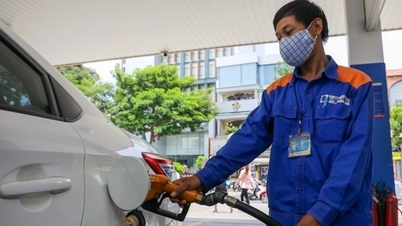
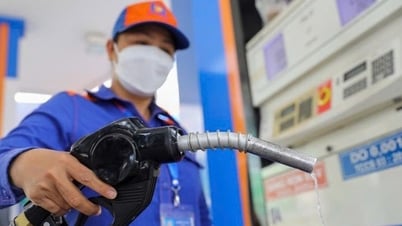



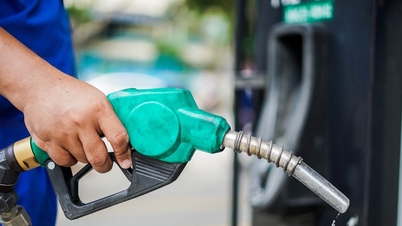
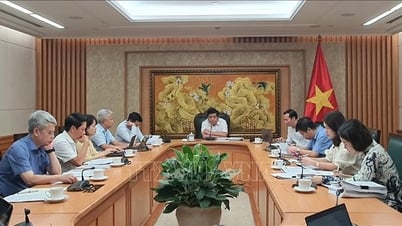
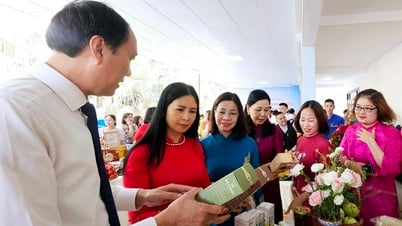
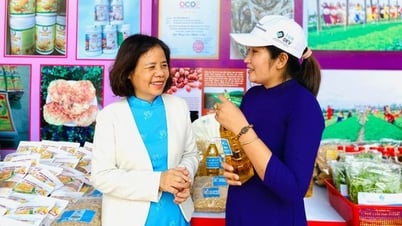









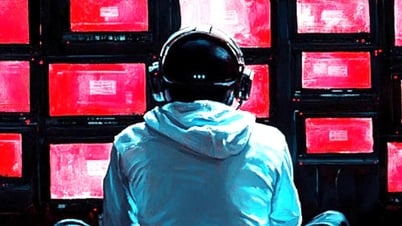
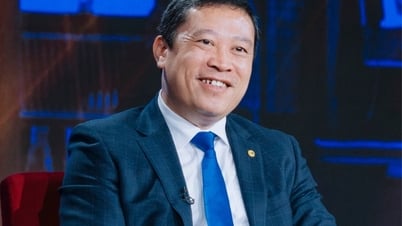

































![[Photo] Prime Minister Pham Minh Chinh talks on the phone with Singaporean Prime Minister Lawrence Wong](https://vphoto.vietnam.vn/thumb/402x226/vietnam/resource/IMAGE/2025/5/8/e2eab082d9bc4fc4a360b28fa0ab94de)














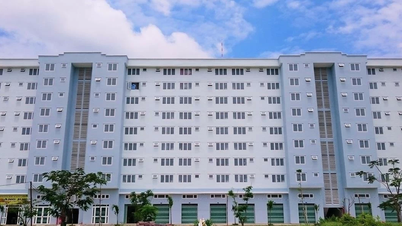
















Comment (0)